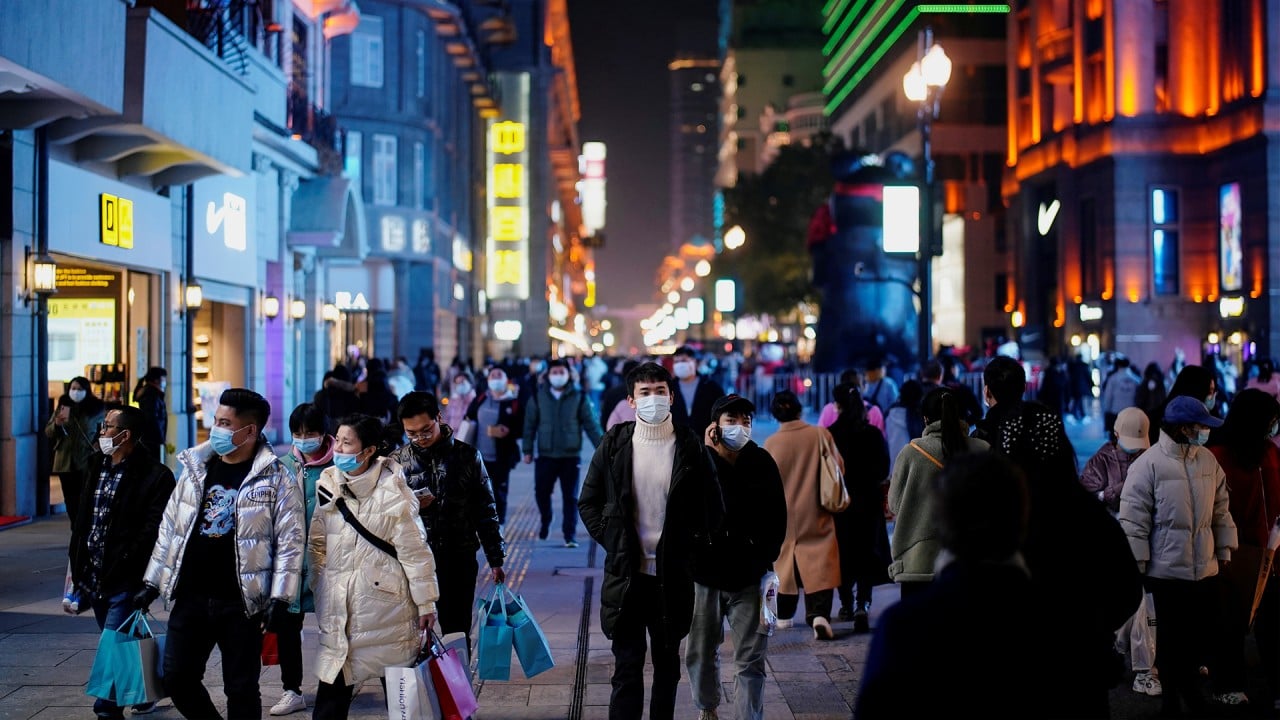Advertisement
Letters | As coronavirus pandemic sparks vaccine ‘wars’, globalisation spreads message of hope and strength
- Given geopolitical rivalries, Covid-19 vaccines can be the new weapons of old enemies. But their speedy development also represents the hope and strength of globalisation and cooperation
Reading Time:2 minutes
Why you can trust SCMP

Soon after Britain started the world’s first Covid-19 mass vaccination exercise, its health minister announced that a new variant of the coronavirus was spreading in the country. From disputes surrounding the label “China virus”, to America’s withdrawal from the World Health Organization in July, tensions in international relations took a new spin in August when Russia announced approval of its Sputnik V vaccine. If this marked the beginning of a renewed Cold War, then vaccines are the new weapons of old enemies.
Advertisement
Epidemics and diseases are never immune from political discourse. Since the WHO’s coronavirus pandemic declaration in March, governments around the world have declared war against this invisible entity. Infecting the human body is just one of the virus’ many capabilities: it has successfully paralysed economies, exacerbated racial tensions and ignited political unrest.
Countries are in a quagmire of balancing economic priorities while suppressing the viral spread. In this period of restricted globalism, countries such as Japan and Sweden avoided imposing “hard” lockdowns by appealing to their citizens’ consciousness of personal hygiene practices – a blatant reference to national exceptionalism.

07:07
The places that successfully contained Covid-19 and why others are not following their lead
The places that successfully contained Covid-19 and why others are not following their lead
However, as of December 27, Sweden had surpassed many Western countries in its daily confirmed cases per million, and Japan has seen a surge in cases since November. Indeed, there may be no single fail-safe approach to tackling the crisis, but leaving a deadly virus unchecked is not an option.
Lifestyles have changed, and a new normal has descended upon humanity. Ironically, television screens that should have been showing the medals tally for the 2020 Tokyo Olympics now display daily updates of Covid-19 infections and deaths. Politicians are appraised according to the number of cases, and territories with the longest record of no community transmission receive the most positive media coverage – a temporary achievement that is easily revoked.
The repercussions of this pandemic might eclipse its predecessors, but then, we have also never lived in a world that was more interconnected. To such a world, globalisation is a message of hope and strength: no country is alone as humanity can work together to overcome this crisis. As seen from the successes in developing Covid-19 vaccines at unprecedented speed around the world, and calls for sharing, this might be a sign of what we can still accomplish.
Advertisement
Isaac C.K. Tan, Tokyo

Advertisement